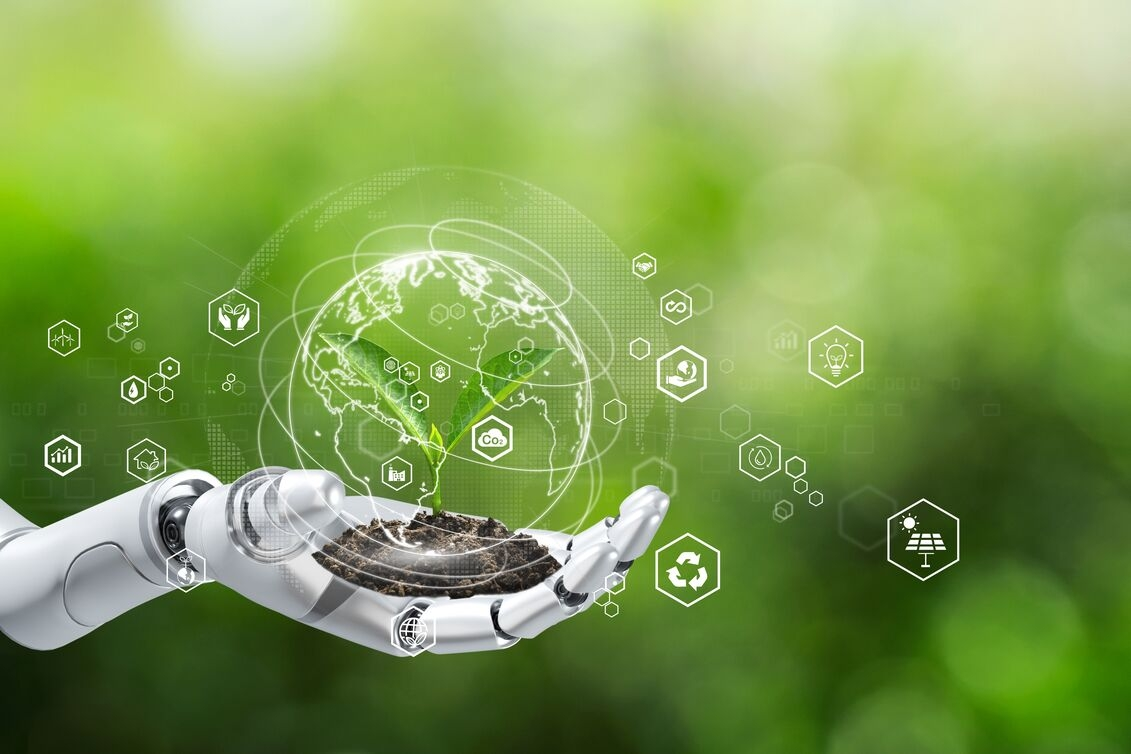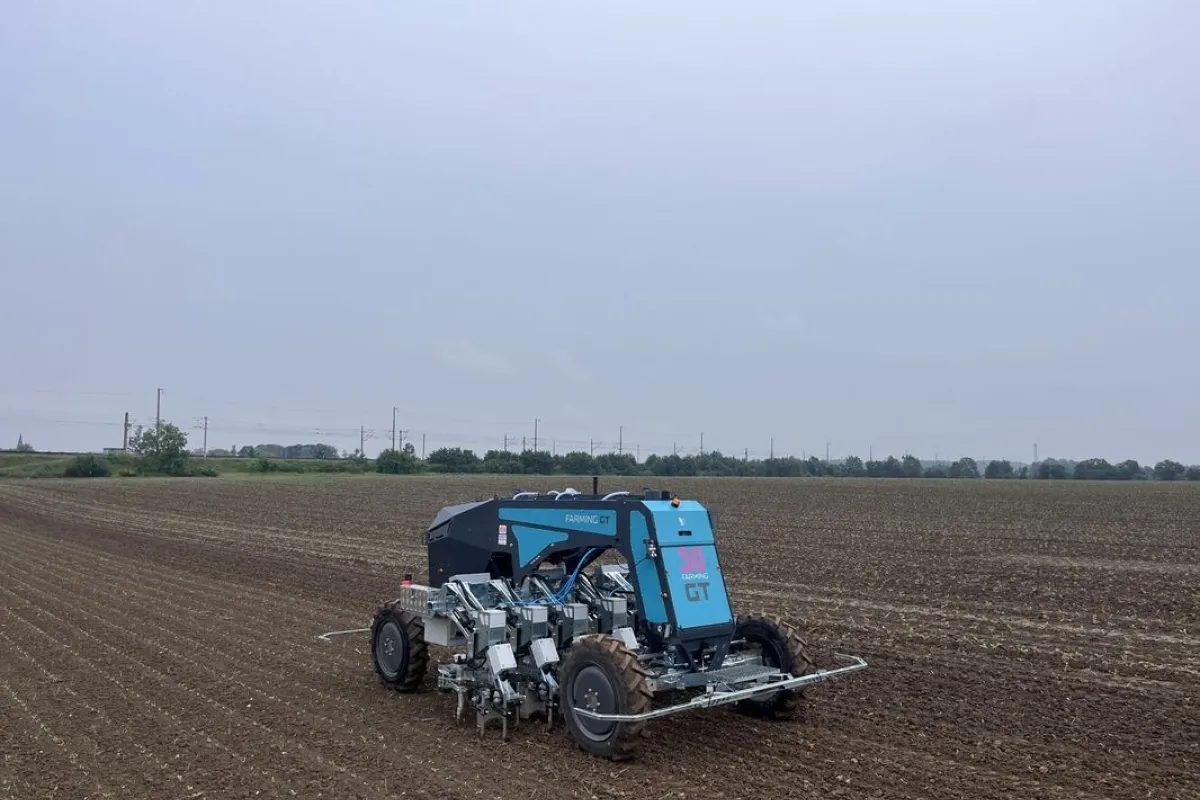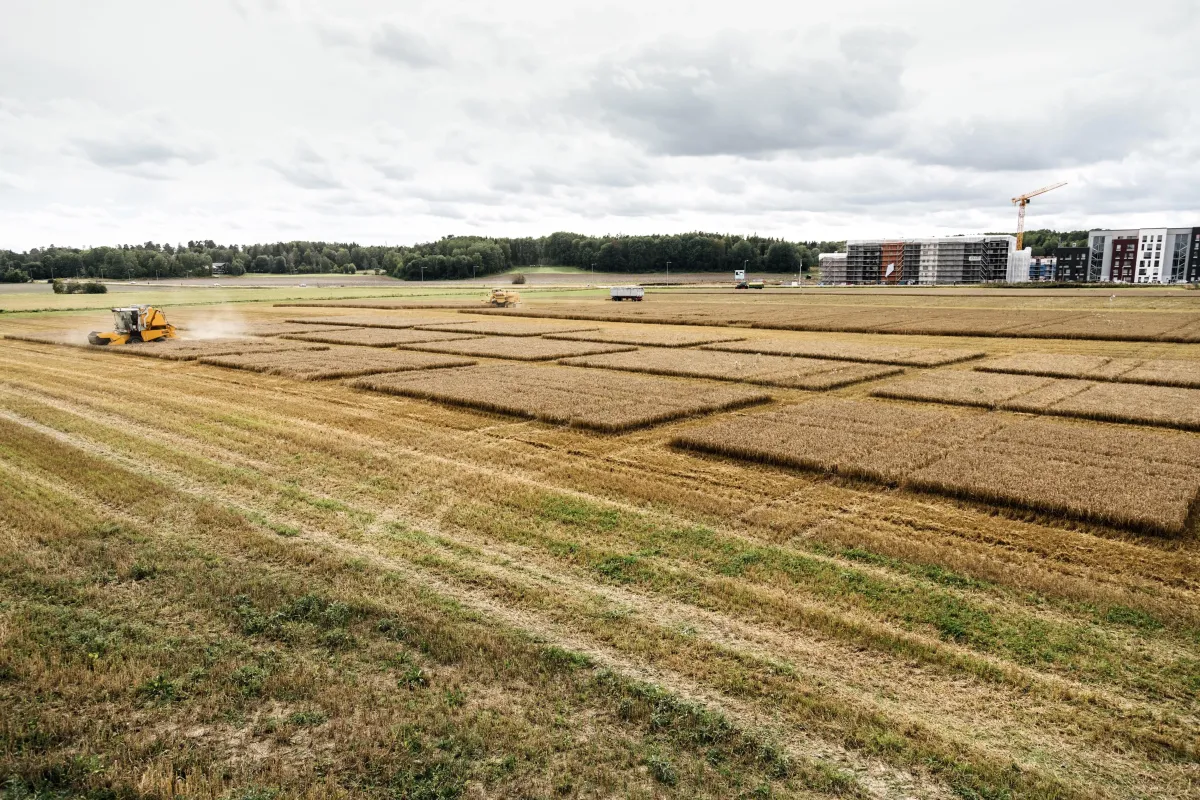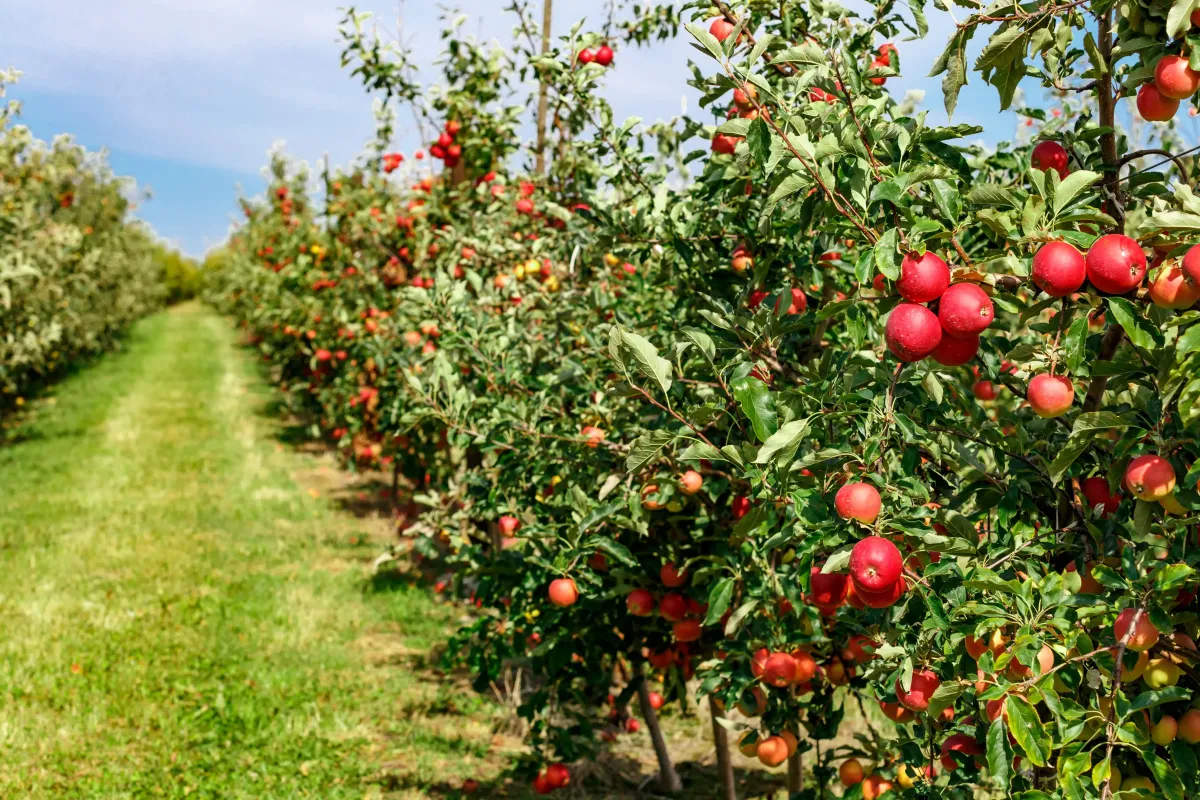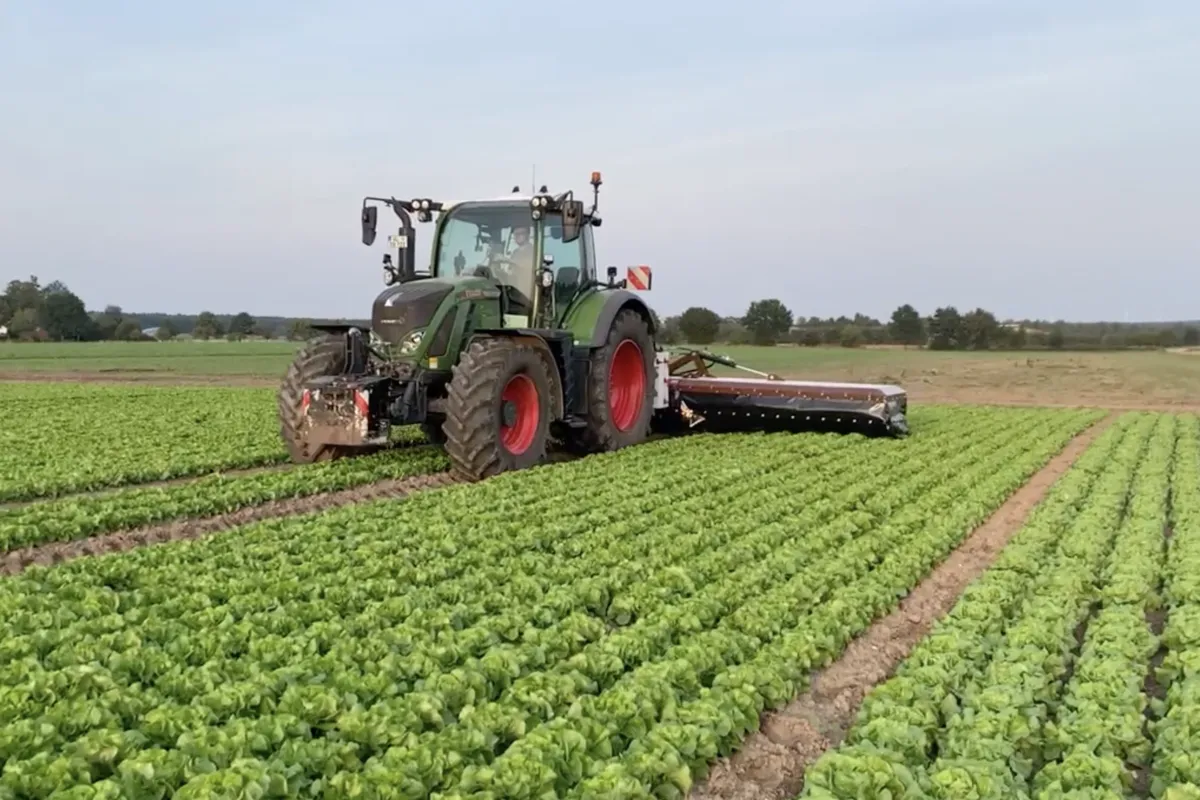
Overview
This service offers a comprehensive environmental analysis of the entire life cycle of your agri-food products, processes, or services, with a particular focus on innovative AI and robotic solutions. Our Life Cycle Analysis (LCA) gathers detailed data on natural resource extraction, environmental emissions, and fuel and energy consumption, specifically related to technologies tested within the agrifoodTEF project – such as AI-powered facilities, autonomous vehicles, and other robotic systems. This enables a robust assessment of environmental impacts across categories including climate change, ozone depletion, and resource scarcity. We also conduct a full carbon footprint analysis, focusing on greenhouse gas emissions and energy use directly linked to the operation and performance of these AI and robotic technologies. To support this process, we offer both general and technical assistance, guiding clients through each step of the LCA. The results help identify opportunities for resource optimisation and waste reduction, ultimately supporting informed business decisions based on tested, cutting-edge solutions. Additionally, our carbon footprint assessment facilitates voluntary emissions reporting and the development of decarbonisation strategies using secure, cloud-based data collection.
More about the service
After utilising our Life Cycle Assessment (LCA) service, they receive a comprehensive report identifying key environmental hotspots and opportunities for improvement. This data-driven insight enables informed decision-making in areas such as resource management, waste reduction, and the adoption of more sustainable practices. Specifically, for companies seeking to voluntarily report their carbon footprint, our analysis provides the necessary data and supports the development of emission reduction strategies or a decarbonisation plan.
This is particularly relevant in sectors such as transport and logistics, where emissions reporting is becoming increasingly important. This proactive approach not only helps organisations demonstrate environmental responsibility but also prepares them for future regulatory expectations. The service is designed to support informed decisions regarding the environmental impact of products and processes, in alignment with sustainable development goals and presumption compliance with emerging environmental regulations.
The service also includes a comprehensive carbon footprint assessment of products, processes, and services developed within the agrifoodTEF project, with a particular focus on tested facilities and advanced technologies equipped with AI systems, such as AI-powered autonomous vehicles and other cutting-edge solutions. All data required for analysis is collected using secure cloud technologies, ensuring seamless integration, scalability, and accessibility of results.
The subjects of the study for which the service will be provided include the facilities being tested within the agrifoodTEF project, autonomous vehicles equipped with AI systems, and other state-of-the-art AI technologies.
A full carbon footprint assessment of products, processes, and services is an integral part of the offering. The service maintains strict adherence to predefined implementation requirements.
The process is carried out in the following stages:
- Initial input from the customer: The service recipient provides a detailed description of the product, process, or system to be analysed (e.g., a robot, vehicle, or production line), along with relevant parameters, performance metrics, and limit ranges.
This information is essential to define the scope and configuration of the service inputs.
- Comprehensive analysis: We conduct an in-depth review of the provided materials, taking into account any specific client guidelines and expectations.
This step helps jointly define the methodology and overall scope of the service implementation. - Planning and agreement: A detailed plan is developed that outlines the methodology, scope, and timeline of the service.
This plan is discussed with the client and approved prior to testing and data collection. - Report and recommendations: Upon completion of the assessment, a comprehensive report is prepared. It includes findings, recommendations for improvement, and, where applicable, details on the coding system used and guidelines on how to interpret and apply the data.
The report can be tailored to the client's specific operational or regulatory requirements. - Post-service support, including consultations and potential training: We offer additional support in the form of workshops or consultations to present and discuss the results with the client’s team. This step includes guidance on implementing the proposed improvements and integrating the recommendations into ongoing or future projects.
This consultative support can function similarly to people training, helping the client team understand and apply the LCA findings. The service can be delivered on-site at the customer’s location, at our facilities in Poland, or remotely, depending on the client’s needs and the nature of the innovation being assessed.
In some cases, on-site testing with our experts may be required as per the agreed methodology. To ensure the quality and accuracy of the service, the customer must provide full access to relevant data, documentation, and any previous research related to the assessed system. The process is adaptable and built to meet specific client needs, ensuring professionalism and engagement at every stage of the collaboration.
A complete carbon footprint assessment is also an integral, customisable component of the service. To prepare a comprehensive LCA report, we conduct all necessary tests on the facilities and technologies under investigation.
These tests are performed according to the approved methodology and may require the presence of our experts. Testing may include both physical and virtual analyses, depending on the nature of the subject and the client’s preferences.
For the service to be delivered effectively, the client must provide:
- Full access to relevant data, documentation, and prior research related to the innovation (product, device, technology, or system).
- A fully functional prototype of the solution (for physical tests), along with complete technical documentation. Please note:
- There may be limitations related to the size and weight of the tested devices.
- Some tests may require prior reservation of resources or equipment.
- If specific industry standards or regulations must be met, please notify us in advance so we can adapt the methodology accordingly.
- We treat all information with full confidentiality, and we offer the option to sign a Non-Disclosure Agreement (NDA).
- During endurance testing, there is a potential risk of prototype damage. We ensure flexibility and professional support throughout every stage of the process, encompassing both physical and virtual analyses, and we tailor the service to meet your specific technical, legal, and strategic needs.
The timeframe and costs are determined individually, based on the scope and complexity of the tests. To discuss your specific needs and tailor the service accordingly, please contact us – we're happy to help you develop a solution that best supports your goals.
